This moving memoir opens a door into the life of a young girl growing up in a psychoanalytic household. It offers insight into not only the expectations of girlhood in upper-class New York in the 1950s, but also the burgeoning psychoanalytic community at that time with particular focus on the brilliant Gregory Zilboorg.
Caroline Zilboorg draws on her memories of growing up in a what she calls ‘a psychoanalytic household’, and on a wealth of privately held scrapbooks and photographs. She recounts pivotal experiences from her birth in New York City in 1948 through the death of her father in 1959. Both chronological and reflective, the memoir tells the story of a girlhood shaped by the attitudes of the period towards femininity and masculinity, attachment and differentiation, as well as an account of her brief psychoanalysis with Margaret Mahler in 1955. The chronological narrative is placed throughout within the context of the long-term impact on the author’s personal and professional life, and the book includes 21 previously unpublished images selected from her personal archives.
This exceptional memoir is an homage to Freud, an intimate account of childhood and coming of age, and a privileged glimpse of a particular moment in psychoanalytic history. It is highly recommended to psychoanalysts, historians, and those interested in the lives of others.


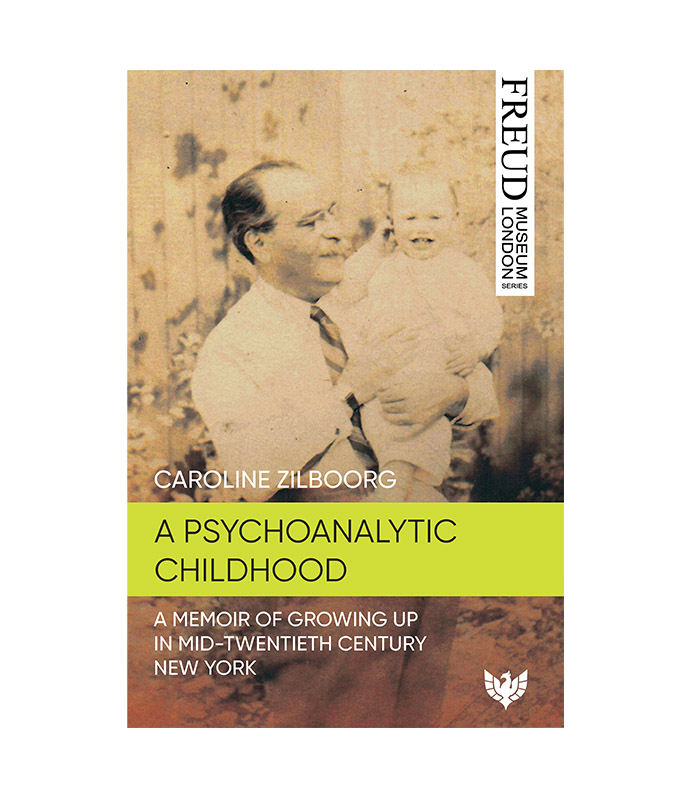
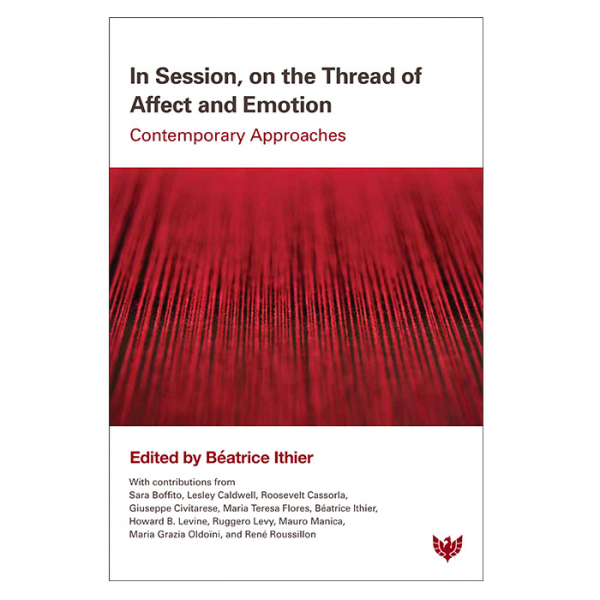
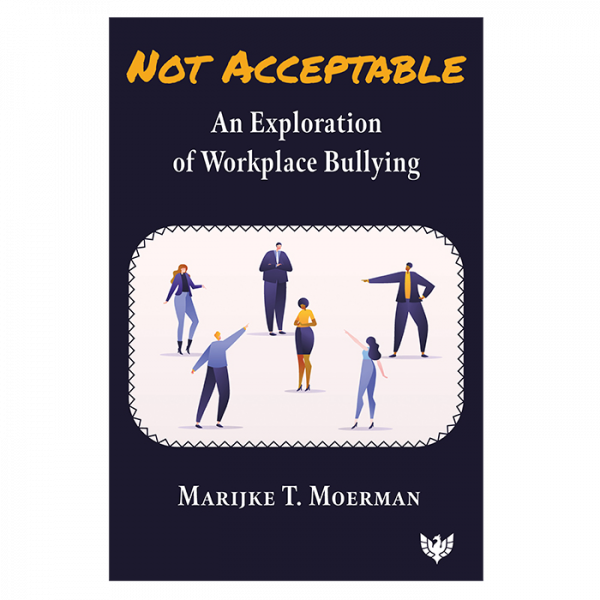
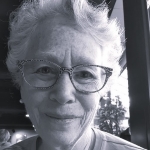 Caroline Zilboorg is a Life Member of Clare Hall, University of Cambridge, and a Founding Scholar of the British Psychoanalytic Council. Her books include the two-volume The Life of Gregory Zilboorg; Richard Aldington and H.D.: Their Lives in Letters; The Masks of Mary Renault: A Literary Biography; and the historical novel Transgressions. She lives in Brittany, France, where she continues to write.
Caroline Zilboorg is a Life Member of Clare Hall, University of Cambridge, and a Founding Scholar of the British Psychoanalytic Council. Her books include the two-volume The Life of Gregory Zilboorg; Richard Aldington and H.D.: Their Lives in Letters; The Masks of Mary Renault: A Literary Biography; and the historical novel Transgressions. She lives in Brittany, France, where she continues to write.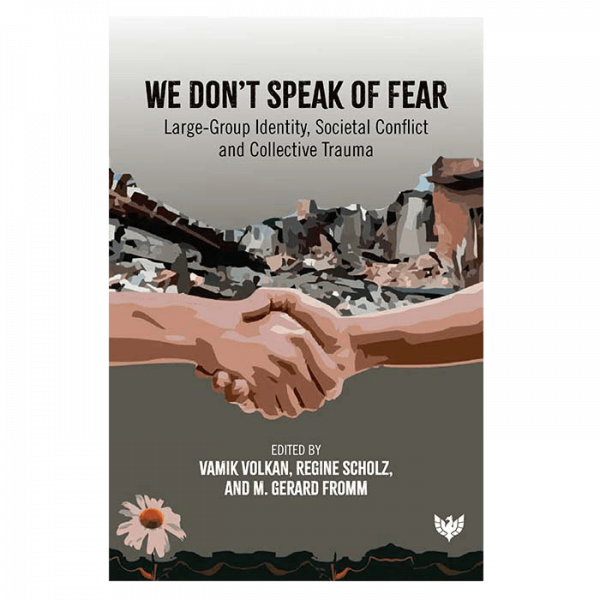
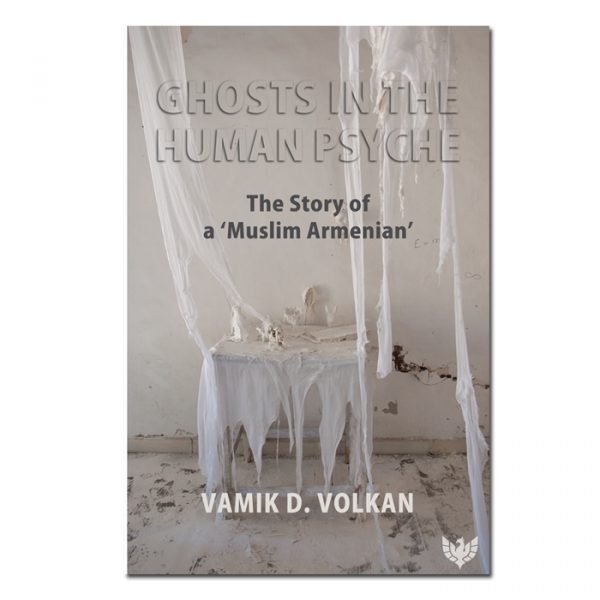
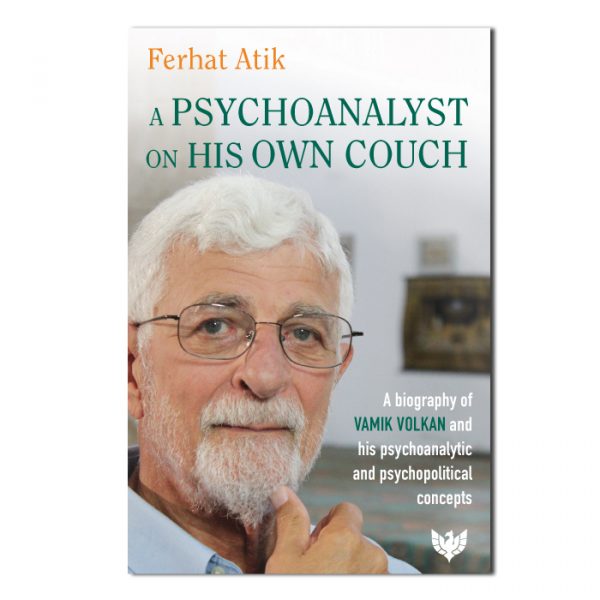
Michel Pharand, PhD, Director Emeritus, The Disraeli Project, Queen’s University –
‘“I was a reflective child,” writes Dr Caroline Zilboorg, one who “analysed behaviour and experience … and struggled to understand things as they were.” And in her fascinating coming-of-age chronicle of growing up in 1950s’ Manhattan, A Psychoanalytic Childhood, she does exactly that. Early experiences of what she calls a “privileged and predominantly happy childhood” are eloquently, vividly, and movingly recounted, often with pathos and gentle humour. “A memoir is itself a psychoanalytic act,” she writes. This retrospective survey of key events in her formative years—“privileged” perhaps, yet not without personal and familial vicissitudes—is filled with intimate revelations and with insights into the intricate process of trying to capture and convey le temps perdu. Moreover, this book sets the stage for a full-length play: the scenes so evocatively depicted in A Psychoanalytic Childhood form the backdrop to the author’s two-volume biography of her illustrious father, The Life of Gregory Zilboorg (2022).’
Esther Rothblum, PhD, Professor Emerita, San Diego State University –
‘Caroline Zilboorg has written a fascinating account of growing up in post-World War II New York City, daughter of the Russian-American psychoanalyst Gregory Zilboorg, and undergoing psychoanalysis herself as a child with Margaret Mahler. This was an era when the founding generation of psychoanalysts were living in exile, often on their second or third marriage, socialising with colleagues and therapy patients, and combining public and private spaces with treatment rooms in their own homes. “A memoir is itself a psychoanalytic act,” writes Caroline Zilboorg as she describes her attempts to be silent and perfect in a home full of employees and therapy patients while feeling unheard herself. I am recommending this book to my students and colleagues.’
Ilonka Venier Alexander, MSW, writer; Founding Scholar, British Psychoanalytic Council –
‘Dr Caroline Zilboorg’s new book, a memoir, is both moving and inspiring. Reading this book is like reading a novel, one that you cannot put down, and want to read in one sitting. It’s that good. Her writing style can be praised for its narrative richness, historical depth, and character-driven storytelling. Zilboorg excels at turning childhood memories and historical events into compelling reading. She weaves facts, analysis, and personal details into a narrative that feels colourful and accessible, making complex subjects engaging for a broad audience, not only those with an interest in the history of psychoanalysis. One of her hallmarks is the way she brings historical figures to life. She deeply explores the personalities of those figures in her childhood, not only her father and mother, but others in the household as well, to understand their motivations, and personal struggles. In so doing she gains insight into the actions and decisions of her parents during her early childhood. Despite dealing with difficult and painful subjects and memories, Zilboorg writes in a clear, approachable style that makes this book appealing to both scholars and general readers. It is a very special book. It is recommended without hesitation!’